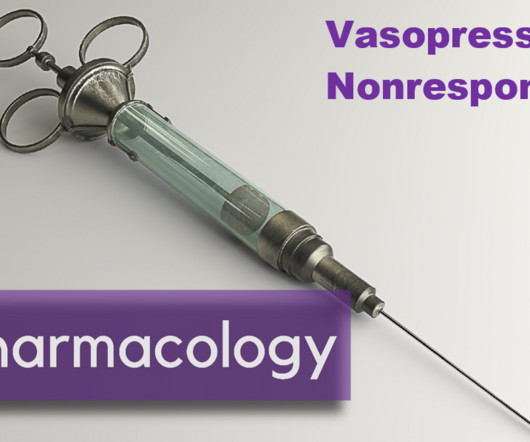Heat-Related Illness
Pediatric Emergency Playbook
AUGUST 1, 2020
Hyperthermia. Pediatr Rev 2007; 28:249. Environmental issues for team physicians. Am J Sports Med. 2008 Nov;36(11):2226-37. Ishimine P. In: Pediatric Emergency Medicine, Baren JM, Rothrock SG, Brennan JA, Brown L (Eds), Saunders Elsevier, Philadelphia 2008. Jardine DS. Heat illness and heat stroke.












Let's personalize your content